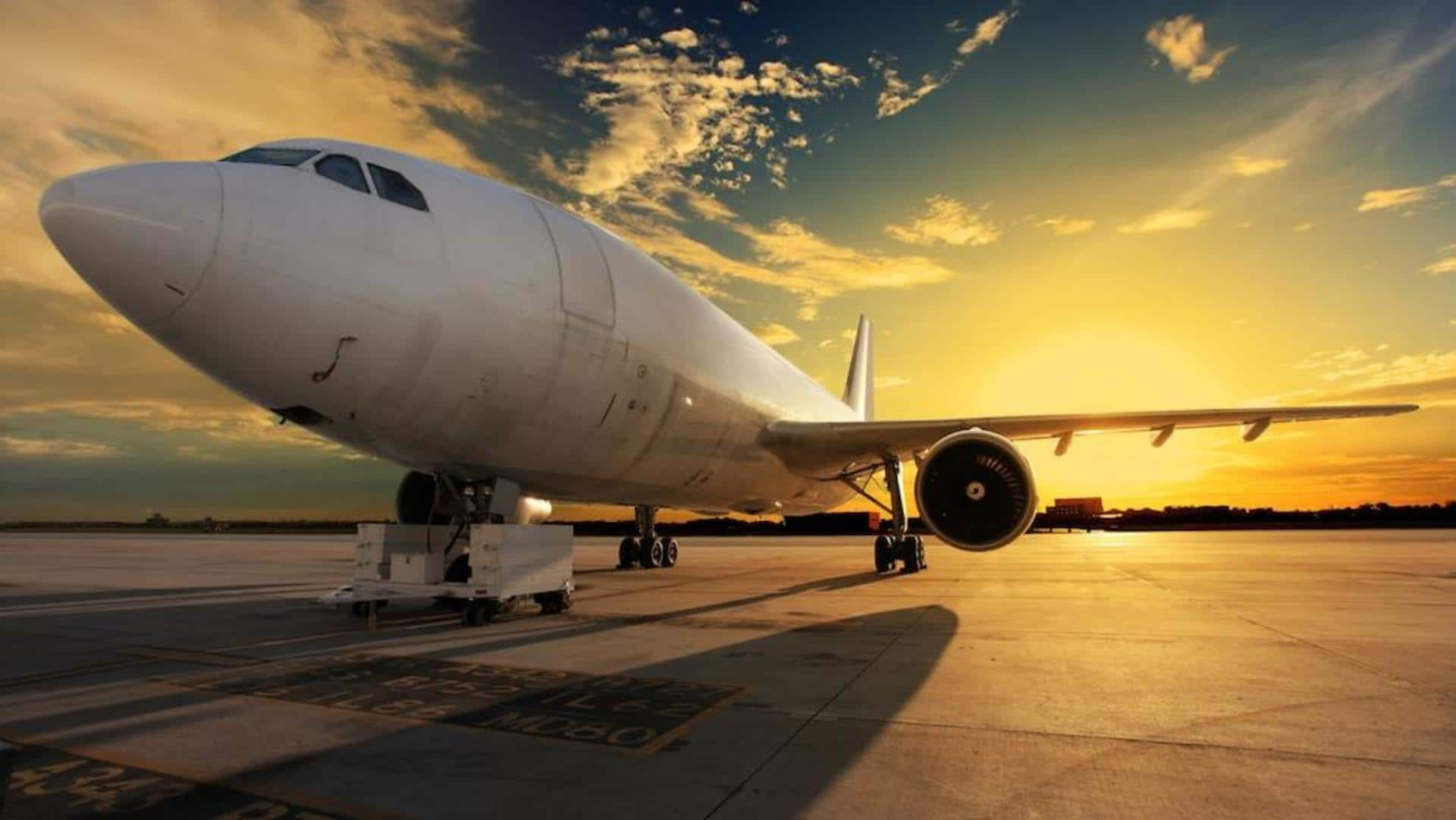
Skiplagging: The travel hack airlines hate and travelers love
What's the story
Instead of booking an expensive nonstop flight to your desired destination, you find a cheaper flight with a layover in the same city. Once you reach your intended stop during the layover, you quietly exit the plane and don't bother with the second part of your journey. Sounds like a money-saving hack, right? Well, the airlines aren't too thrilled about it.
Example
Skiplagging explained with an example
For instance, a flight from New Delhi to Hyderabad costs Rs 8,680 for a nonstop journey, but surprisingly, a flight from New Delhi to Mumbai, with a layover in Hyderabad, is priced at just Rs 4,788. Instead of completing the trip to Mumbai, a clever traveler might utilize the "skiplagging" technique by booking the cheaper flight to Hyderabad and deboarding there during the layover.
Keeping an eye
Airlines have caught on to this tactic
Recently, American Airlines canceled a teenager's ticket when they discovered he planned to skip the connecting flight and get off at a layover city, Charlotte, instead of continuing to New York City. The gate agent became suspicious upon seeing his North Carolina driver's license, leading to the ticket cancellation. So, the teen had to buy a new direct flight from Gainesville to Charlotte.
Airlines hurt
Why does skiplagging hurt airlines?
Airlines take this matter seriously because it directly impacts their revenue in two ways. Firstly, passengers underpay for their tickets, potentially saving thousands per journey. This means airlines are not receiving the full fare they intended for the entire trip. Secondly, the seat on the second leg of their journey goes empty, which could have been sold to someone else.
Risks
Risks associated with skiplagging
Major airlines strictly prohibit skiplagging in their contracts of carriage. If caught, they may cancel your entire trip. Travelers with frequent-flier miles and memberships could lose their privileges, and in rare cases, they might even face lawsuits. Also, skiplagging is effective only if travelers don't check their bags, as you don't have a choice to get your bags at the layover city.